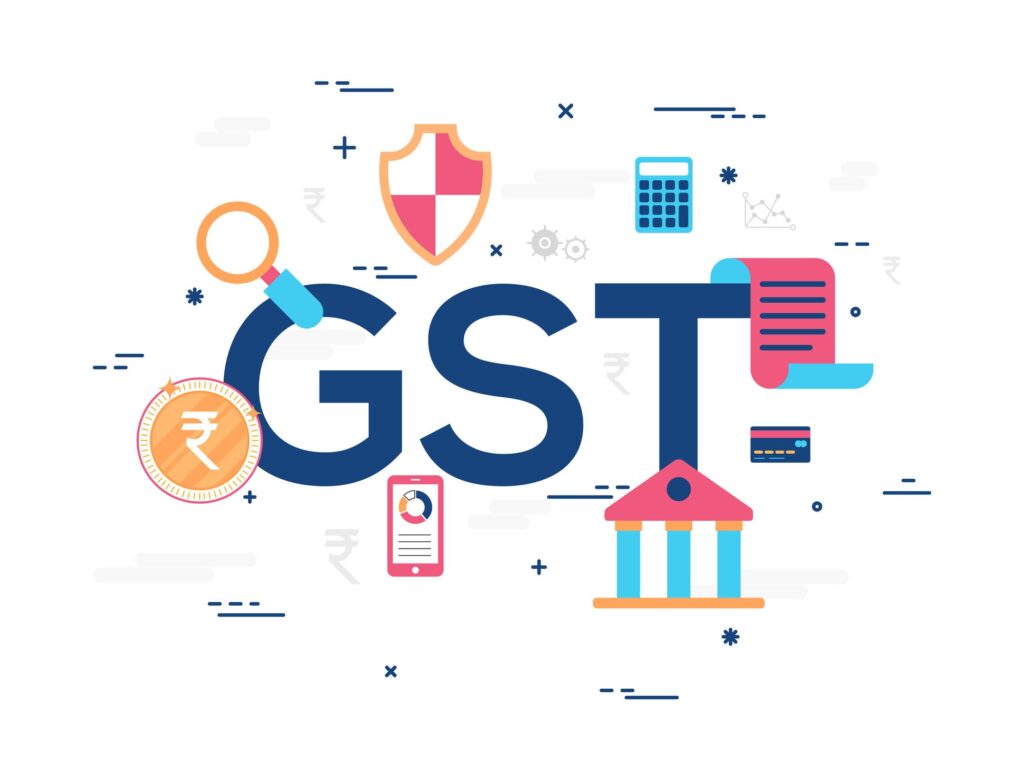
India’s adoption of the dual GST model, with both the Centre and States levying taxes, has led to the emergence of parallel tax investigations. This article explores the intricacies of this dual administrative structure, where both Central and State Governments have the authority to administer GST, potentially resulting in parallel proceedings.
Legislative Safeguards: Section 6 of the CGST Act
To prevent undue scrutiny of a single transaction by both tax authorities, Section 6 of the Central Goods and Services Tax Act (CGST Act) empowers Central and State Tax officers. Notably, Section 6(2)(b) restricts the initiation of proceedings by one authority if the other has already started proceedings on the same subject matter. This legislative provision aims to uphold the principles of “Comity of Courts” and protect taxpayers from multiple, concurrent investigations.
Judicial Interpretations and Challenges
Recent cases, such as GK Trading, highlight the challenges in interpreting terms like ‘inquiry,’ ‘proceedings,’ and ‘subject matter’ in the context of the CGST Act. The judiciary’s role is crucial in ensuring a balanced application of Section 6, preventing overlapping jurisdiction, and safeguarding individuals’ rights. However, diverse judicial views and the evolving nature of GST implementation underscore the need for continual legal scrutiny and refinement.
Balancing Act for a Unified National Market
Section 6 serves as a legal bulwark against the infringement of individuals’ rights and the burdensome prospect of facing multiple investigations for a single event. While providing clarity on jurisdiction, the delicate balance between Central and State tax authorities requires ongoing legal evolution to fortify the integrity of India’s GST framework. As the system matures, harmonization and legal clarity will be paramount to protect the interests of taxpayers and ensure a streamlined taxation process.
![]()




